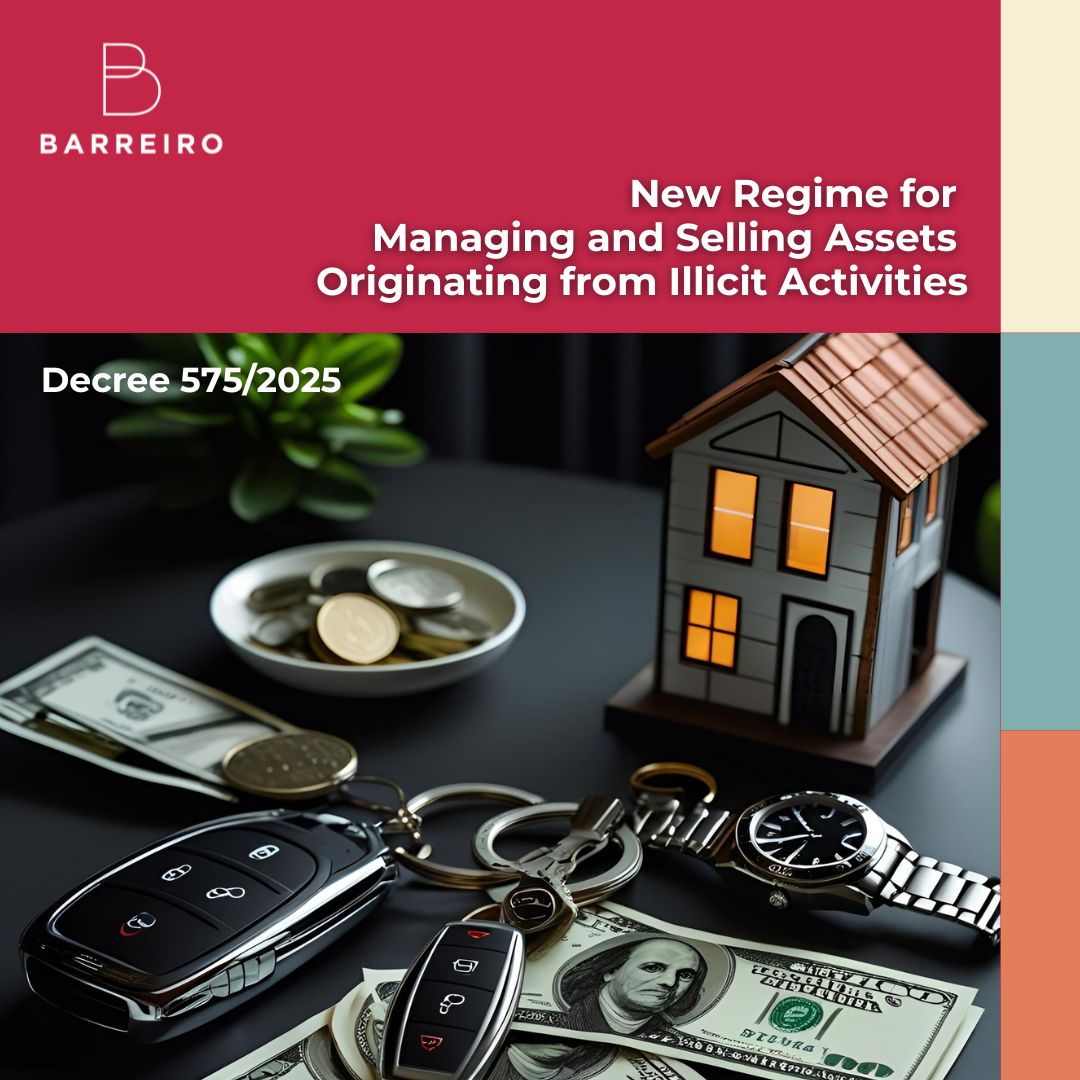New regime for managing and selling assets originating from illicit activities – Decree 575/2025

Analysis of Decree 575/2025
1. Main Purpose
The decree approves a unified regime for the preservation, administration, and disposal of assets originating from illicit activities, seized or recovered in national and federal criminal proceedings, as well as in asset forfeiture processes. This new framework seeks to centralize administration and preservation within the Ministry of Justice, while keeping the State Property Administration Agency (AABE) responsible for the sale or commercial concession of the assets.
2. Strategic Objectives
-
Optimize the administration of confiscated assets, preventing deterioration, loss of value, or inefficient use.
-
Ensure traceability and transparency through updated public inventories.
-
Generate funding for the justice system, security, victim reparations, and strategic agencies (such as UIF, SEDRONAR, among others) without relying on additional budget allocations.
-
Comply with international standards set by organizations such as the OECD and the FATF.
3. Key Institutional Changes
-
Creation of the Council for Assets Recovered in Favor of the National State as a collegiate oversight and coordination body.
-
Amendment of the Law of Ministries and Decree 1382/12 to exclude from the AABE the administration and preservation of these assets, transferring such responsibilities to the Ministry of Justice.
-
Establishment of clear procedures for the transfer, custody, and control of assets from judicial bodies and the AABE to the Ministry of Justice.
-
Repeal of previous fragmented regulations to avoid overlapping rules.
4. Resource Allocation
The proceeds from the assets will be distributed according to a scale established in the new regime, prioritizing:
-
Victim reparations.
-
Funding for justice and security agencies.
-
Strengthening the federal accusatory system.
5. Justification for DNU Status
The Executive cites urgency due to:
-
The magnitude and expansion of organized crime.
-
Structural deficiencies in the management of illicit assets.
-
Deficits in the infrastructure and technology of the federal justice system.
-
The immediate opportunity to recover high-value assets.
The decree aims to professionalize and centralize the management of illicit assets, which, in theory, could improve efficiency, transparency, and economic use of assets that today often lose value or strategic utility. However, implementing it via DNU raises questions about the parliamentary debate that a regime of this scope would merit, as well as the real capacity of the Ministry of Justice to effectively manage such a diverse and complex volume of assets in coordination with other agencies.